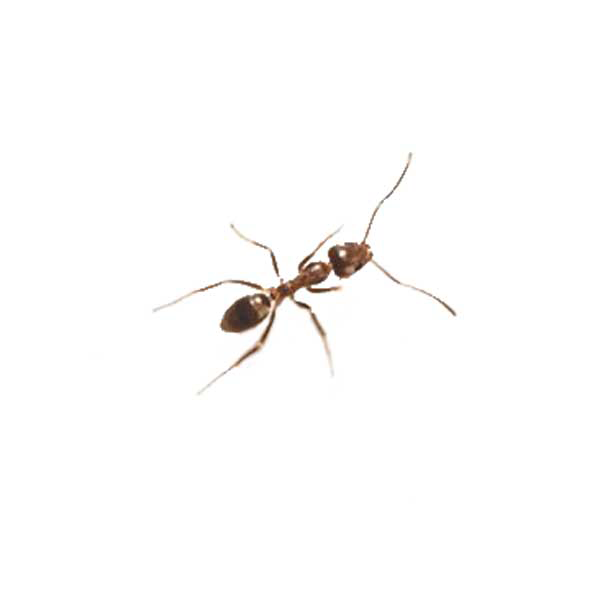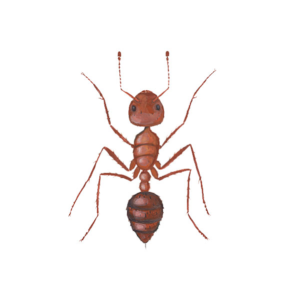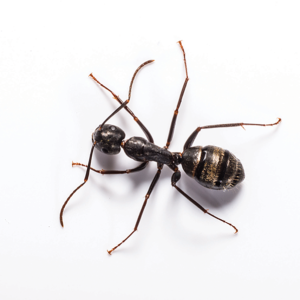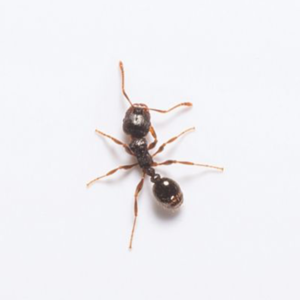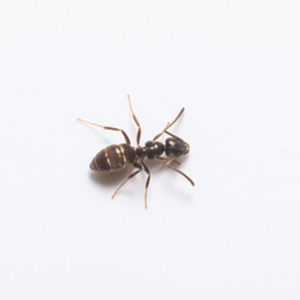Argentine Ants in Atlanta, GA
Argentine ants are significant pests in Atlanta, GA. Unlike most ants, they leave pheromone trails wherever they go – not just from food source to nest – ensuring no repeat visits to the same area. Their collaborative behavior between different colonies allows the formation of extensive supercolonies, capable of overtaking entire city blocks! These pests are notorious for contaminating food and spreading bacteria while foraging, making them among the most resilient home-invading pests.
Argentine Ant Habitats
These ants favor nesting under sunbaked soil and may clear vegetation around their nests for greater sun exposure. Their need for water can lead them to drip irrigation lines, which serve as an ideal water source and act as bustling highways for Argentine Ants to establish fresh colonies. They set up homes close to food sources, nesting in soil, concrete wall cracks, and near trees. During dry or wet weather, they invade homes through cracks, congregating near water pipes, sinks, and potted plants. Once indoors, they seek out meat, eggs, oils, fats, and sweet items like fruit.
Argentine Ant Behaviors, Threats, or Dangers
Argentine Ants do not pose any severe health threats, though the massive population size of an Argentine ant colony can disrupt any household. Their tendency to mark trails to and from a food source accelerates colony growth, forming interconnected colonies that lead to widespread infestation. If you suspect an Argentine Ant infestation, don’t hesitate to contact a professional ant exterminator to tackle the issue effectively.

